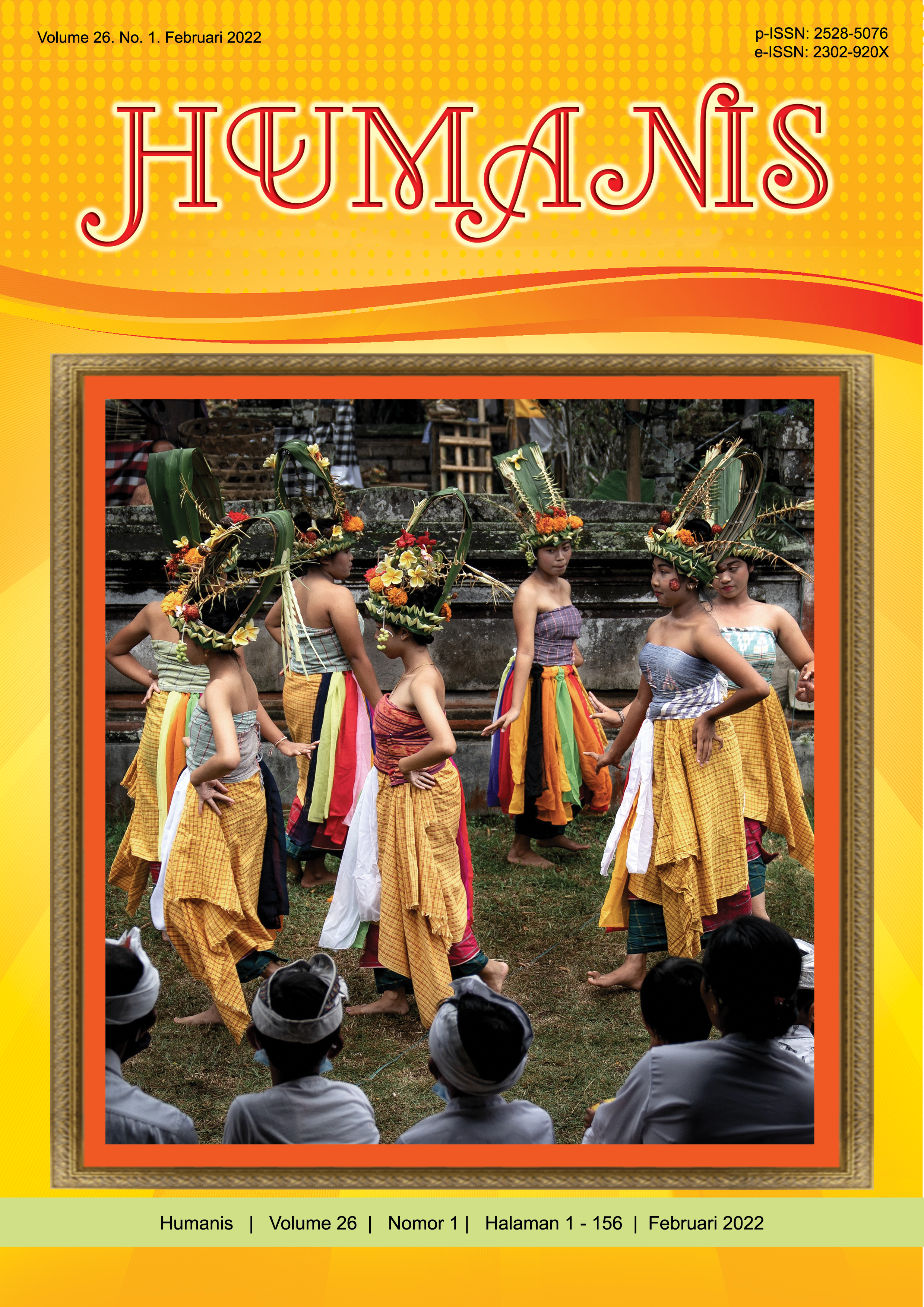Born As Subaltern or To Become Subaltern: An Exploration of Subalternity in Dana Johnson’s Because That’s Just Easier
Abstract
The possibility to become subaltern in social relationships is an important issue in postcolonial studies. This article aims to investigate the representations of subalternity, and the characters’ reactions for being portrayed as subaltern in Dana Johnson’s story Because That’s Just Easier (2016). Spivak’s concept of subaltern will be consulted. Through the analysis process, I will introduce a process which I call ‘Normalization of Subalternity’ that spotlights the issue of subalternity in human relationships. The results indicate that subalternity is a social-cultural construct, not an overnight phenomenon. Two characters, that is, the man lying on the side walk and the six-year-old girl (Dakota) have both become subaltern because their suffering is the subject of others’ getting-used-to. The results also show that Dakota is expected and accepted to be vulnerable, but she deconstructs this mentality and rejects subalternity. She critiques her parents (and others alike) for getting used to the suffering of humanity.
Downloads
References
Caraballo, L. (2017, August 23). Litdish: Dana Johnson, Author. Https://Lunchticket.Org. https://lunchticket.org/litdish-dana-johnson-author/
Cuddon, J. A. (2013). A Dictionary of Literary Terms and Literary Theory (M. Birchwood, V. Velickovic, M. Dines, & S. Fiske, Eds.; 5th ed.). Wiley-Blackwell.
Deón, N. (2016, October 22). Who Gets to Tell Stories? Https://Lareviewofbooks.Org. https://lareviewofbooks.org/article/gets-tell-stories/
Description: In the not quite dark. (2016). Https://Search.Schlowlibrary.Org. https://search.schlowlibrary.org/Record/390320/Description#record
Gramsci, A. (2001). Further Selections from the Prison Notebooks (D. Boothman, Ed. & Trans.). The Electric Book Company.
Johnson, D. (2016). Because That’s Just Easier. In In The Not Quite Dark (pp. 67–79). Counterpoint.
Klages, M. (2012). Key Terms in Literary Theory. Continuum.
Moore-Gilbert, B. (2000). Postcolonial Theory: Contexts, Practices, Politics. Verso.
Morton, S. (2003). Gayatri Chakravorty Spivak. Routledge.
Nayar, P. K. (2010). Postcolonialism: A Guide for the Perplexed. Continuum.
Nayar, P. K. (2015). The Postcolonial Studies Dictionary. Wiley Blackwell.
Sa’di of Shiraz, S. (2008). Chapter One: The Conduct of Kings. In The Gulistan (Rose Garden) of Sa’di: Bilingual English and Persian Edition with Vocabulary. (W. M. Thackston, Trans.) (pp. 12–45). Ibex Publishers, Inc.
Spivak, G. C. (1988). Can the Subaltern Speak? In C. Nelson & L. Grossberg (Eds.), Marxism and the Interpretation of Culture (pp. 271–313). Macmillan Education.
Young, R. J. C. (2004). White Mythologies: Writing History and the West (2nd ed.). Routledge.


















